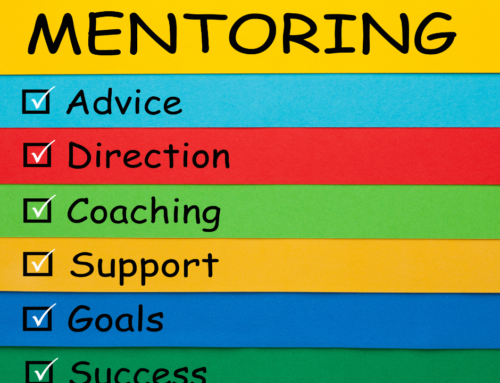Are Your Goals H.A.R.D. Enough?
Let’s talk about the benefits of setting H.A.R.D goals.
Whether you look for a dream job, contemplate running a marathon, try to quit smoking, go back to school, get healthy, try to advance your career, or growing your business, many of you will have goals in mind.
Some of these goals may feel a bit like a dream; you may not be sure they are attainable.
Your success may have more to do with how you define the goal than how difficult the challenge may be. There is an acronym that Mark Murphy, a leadership expert, created that I find useful in the initial process of defining challenging goals for myself, and I think you might find this helpful as well.
The acronym is H.A.R.D
What are H.A.R.D Goals?
Let’s start with H.
The H stands for HEARTFELT.
Or How Bad Do You Want It?
If you don’t care about your goal, what will motivate you to achieve it in the first place? You must imagine what the result of achieving your goal will be.
What is the benefit that you will realize once you complete it? You must want that future state almost more than anything, with few things being able to stop you from achieving it.
The A stands for ANIMATED.
Use visualization or imagery techniques to create a vision of the goal that is vividly alive in your mind. See how not reaching that goal would leave you wanting.
Create a clear mental picture of your self, having completed your goal. If your goal is to lose weight, imagine how your body will look, feel, and move at your goal weight. If your goal is to quit smoking, you might visualize yourself energetically playing with your kids, or maybe you are mountain biking as a family in the Rockies. You might ride the mighty waves in Hawaii.
Whatever you intend to achieve with your goal, animate it, and write it down to the smallest details.
R is for REQUIRED
What will be required for you to move forward into your goal?
Procrastination is the number one killer of people’s goals. But must your goals be a victim? Many studies speak to why people consistently put off things in their lives.
I’ll start tomorrow; I’ll start next week.
You have said them all yourself just as I have. It’s easy to consider all the things you’ll have to sacrifice to achieve your goal. The list can weigh heavily on you when you read it.
But you can overcome that negativity with another kind of list, one that details the specific and concrete ways in which your goal is going to make your life a much better place to be.
D is for DIFFICULT
You don’t want things to be so difficult that you give up, any more than you would want to feel so unchallenged that you stop trying.
I’ll let you in on a secret. Use the successes of your life, your past experiences to position yourself for extraordinary future performances.
Ask anyone you like to tell you about their most significant accomplishments. They will undoubtedly tell you that they were painful, required lots of effort, depending upon learning new skills, caused some nervousness, and excited them about the process and the achievement itself.
People beam with pride when they remember past success. Even years later, the joy continues. They are likely to add that they consider themselves a better person, parent, wife, or husband for having accomplished the H.A.R.D goal. And somehow, now, it makes no difference to them how difficult the goals were to achieve.
If you are interested in setting what might end up being a life-changing goal for yourself, make sure they are HEARTFELT, ANIMATED, REQUIRED, AND DIFFICULT.






